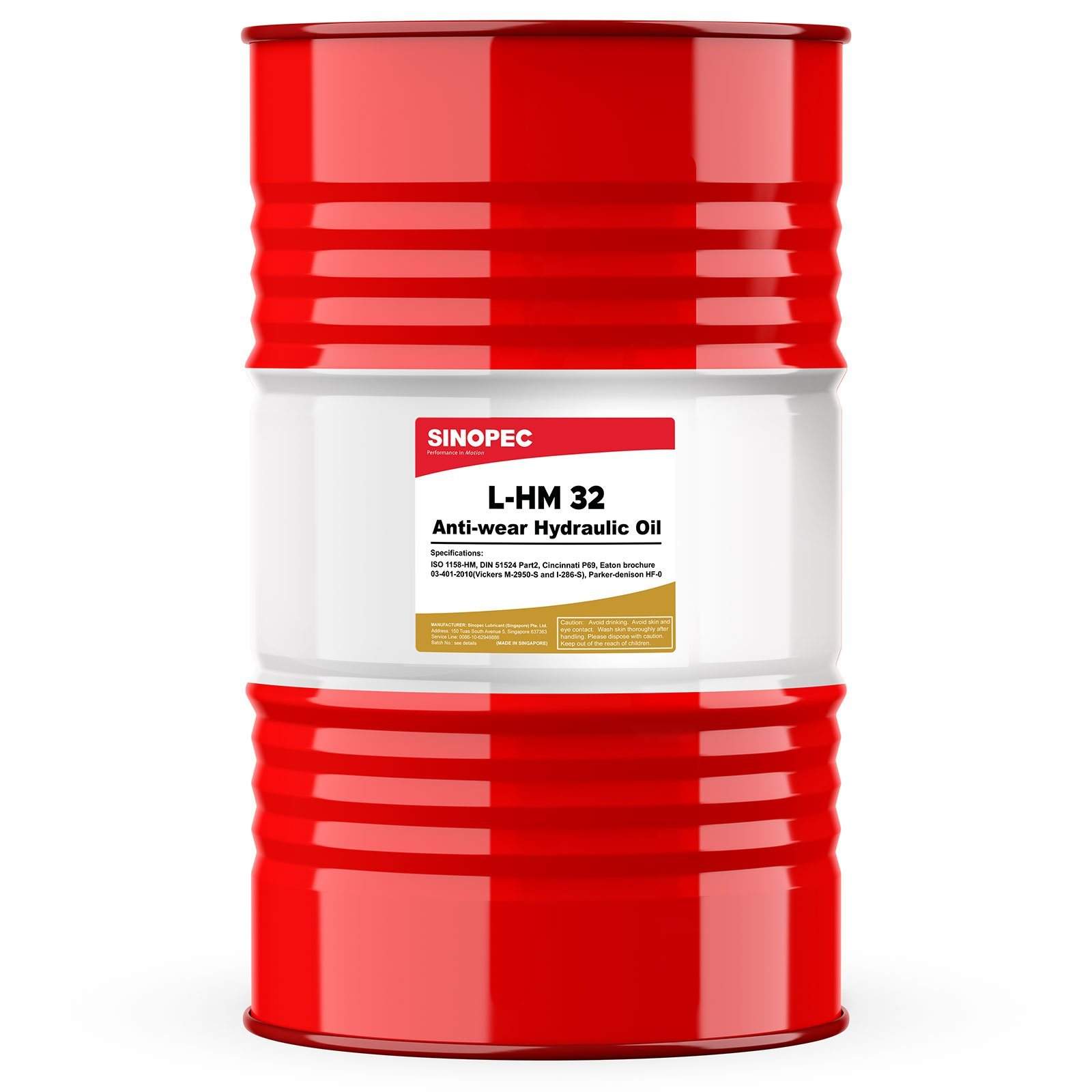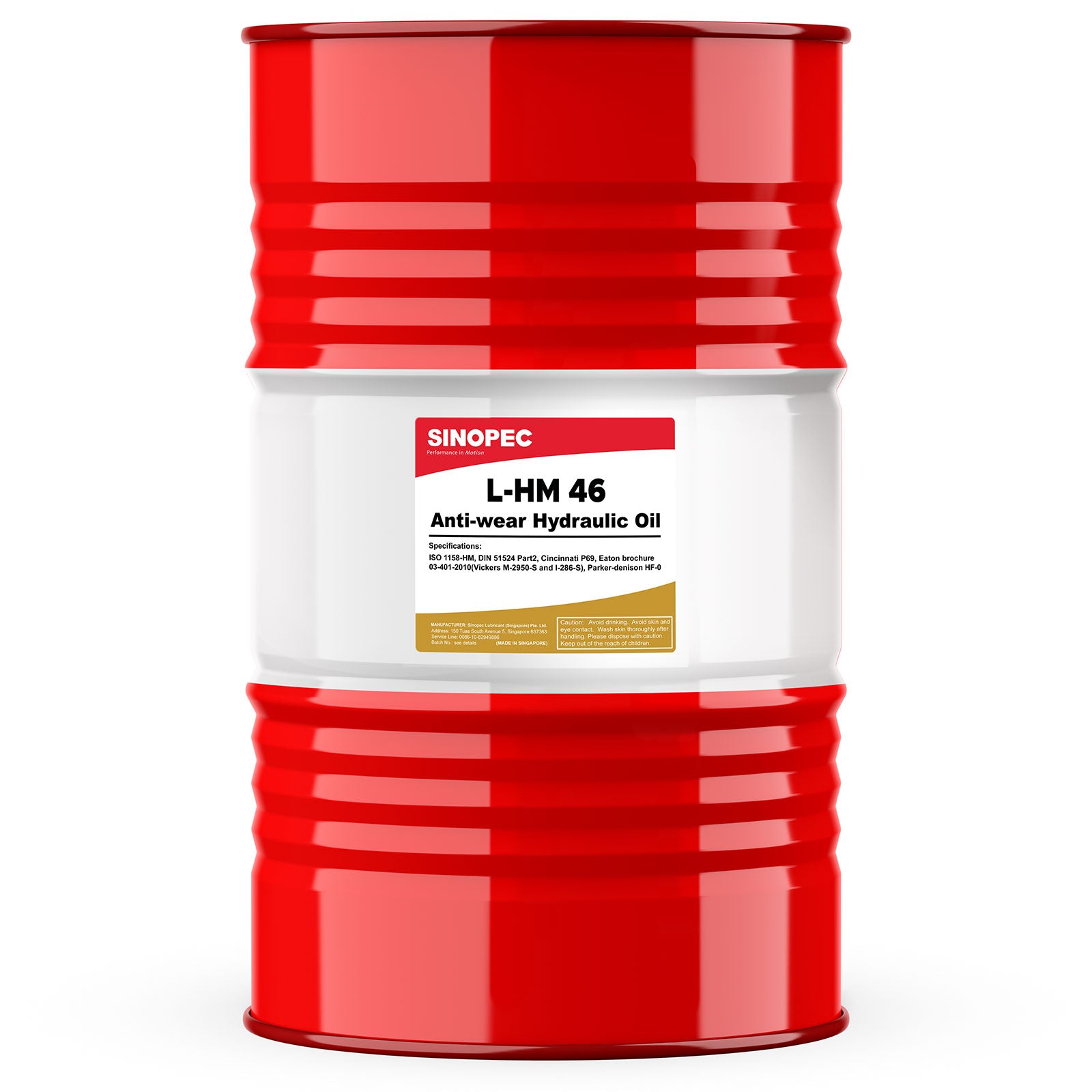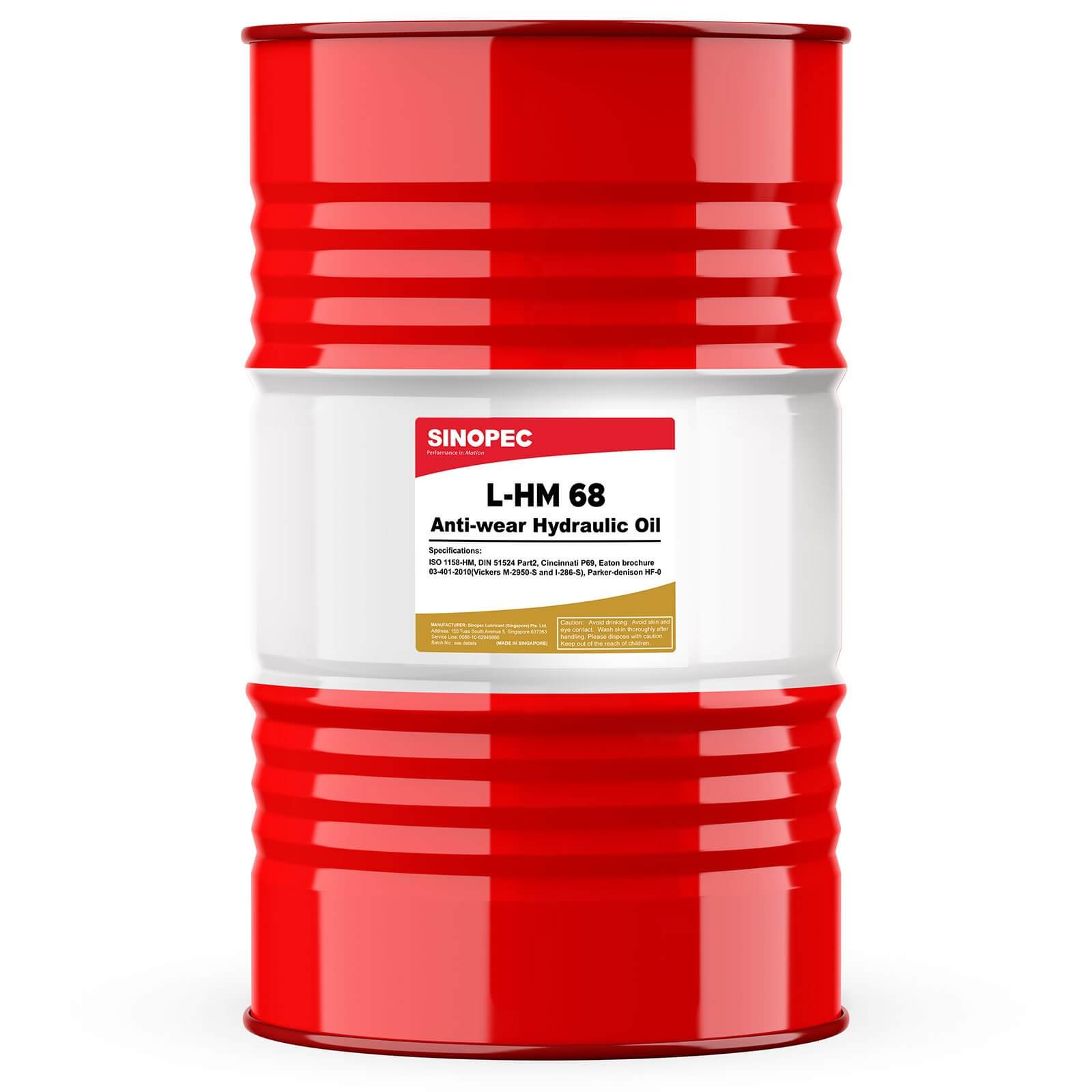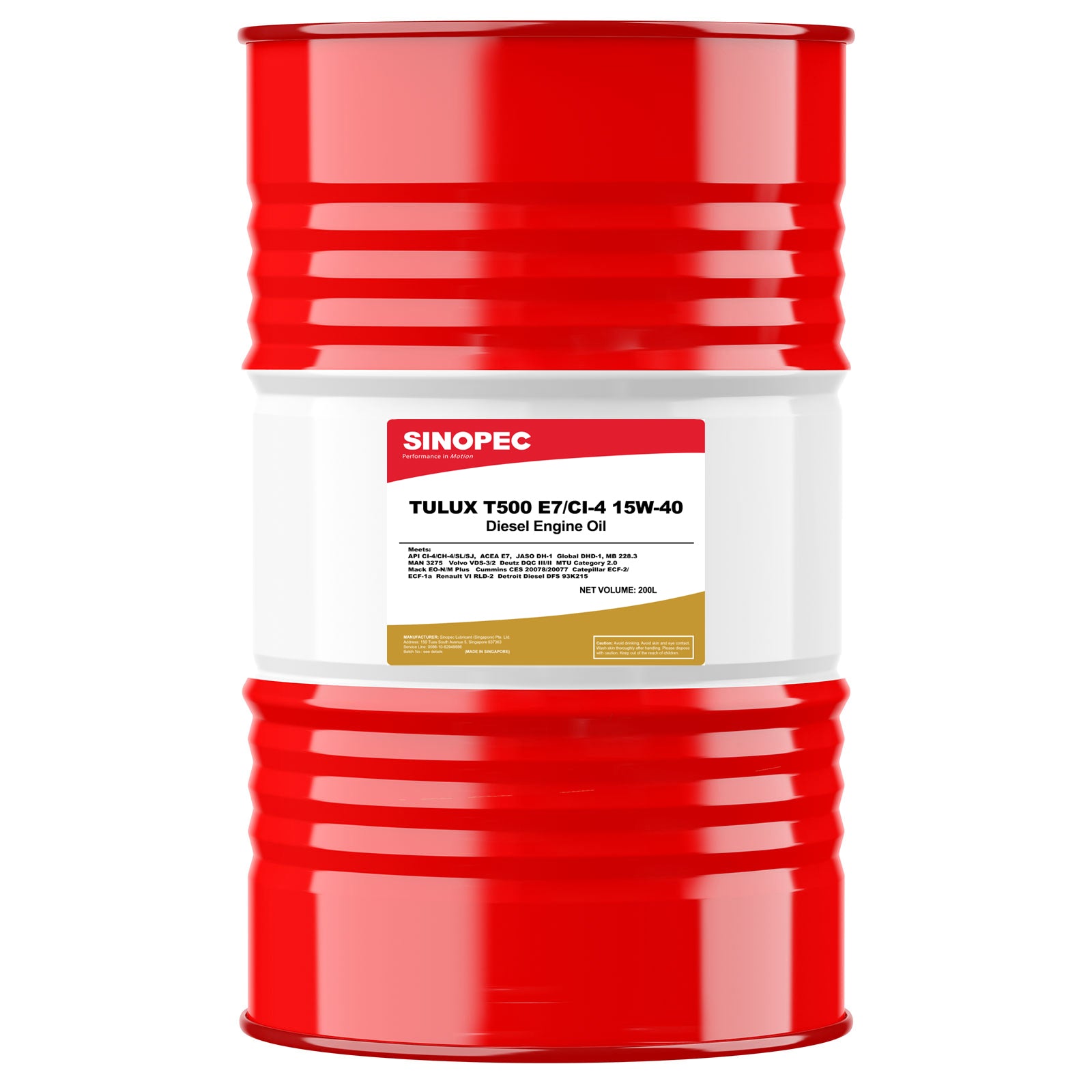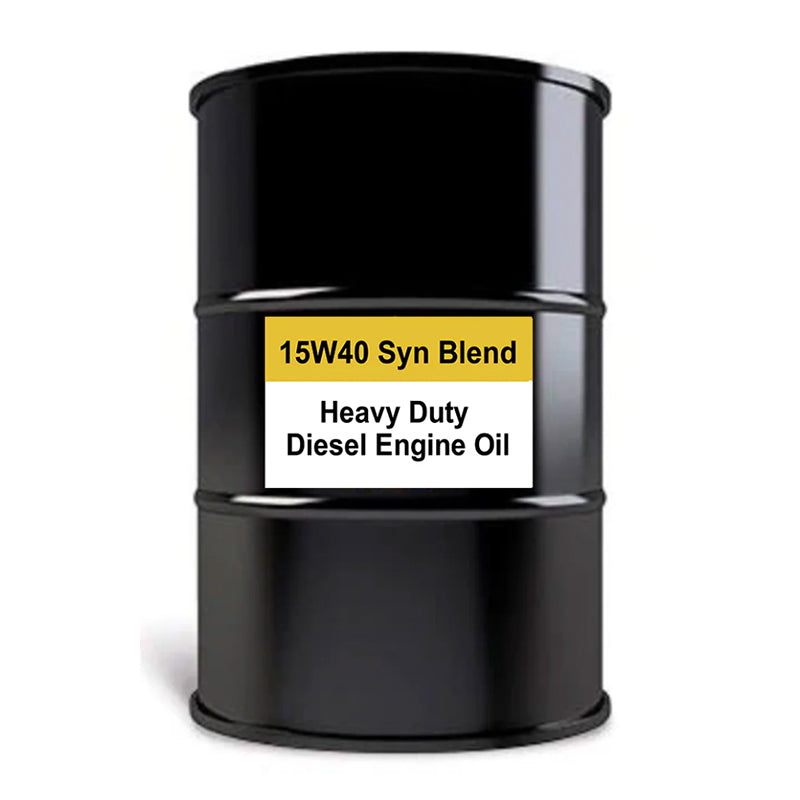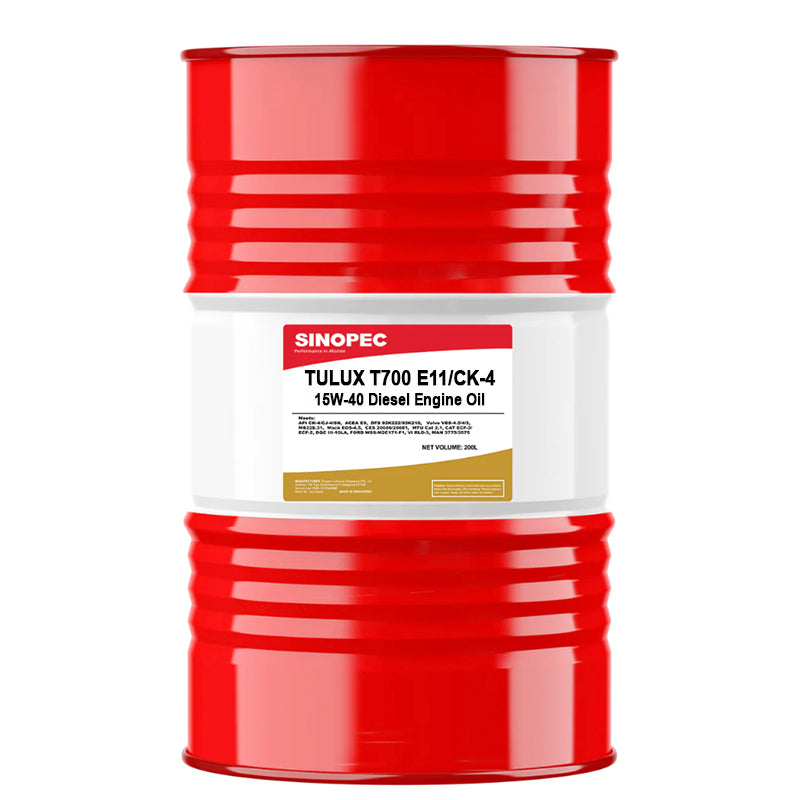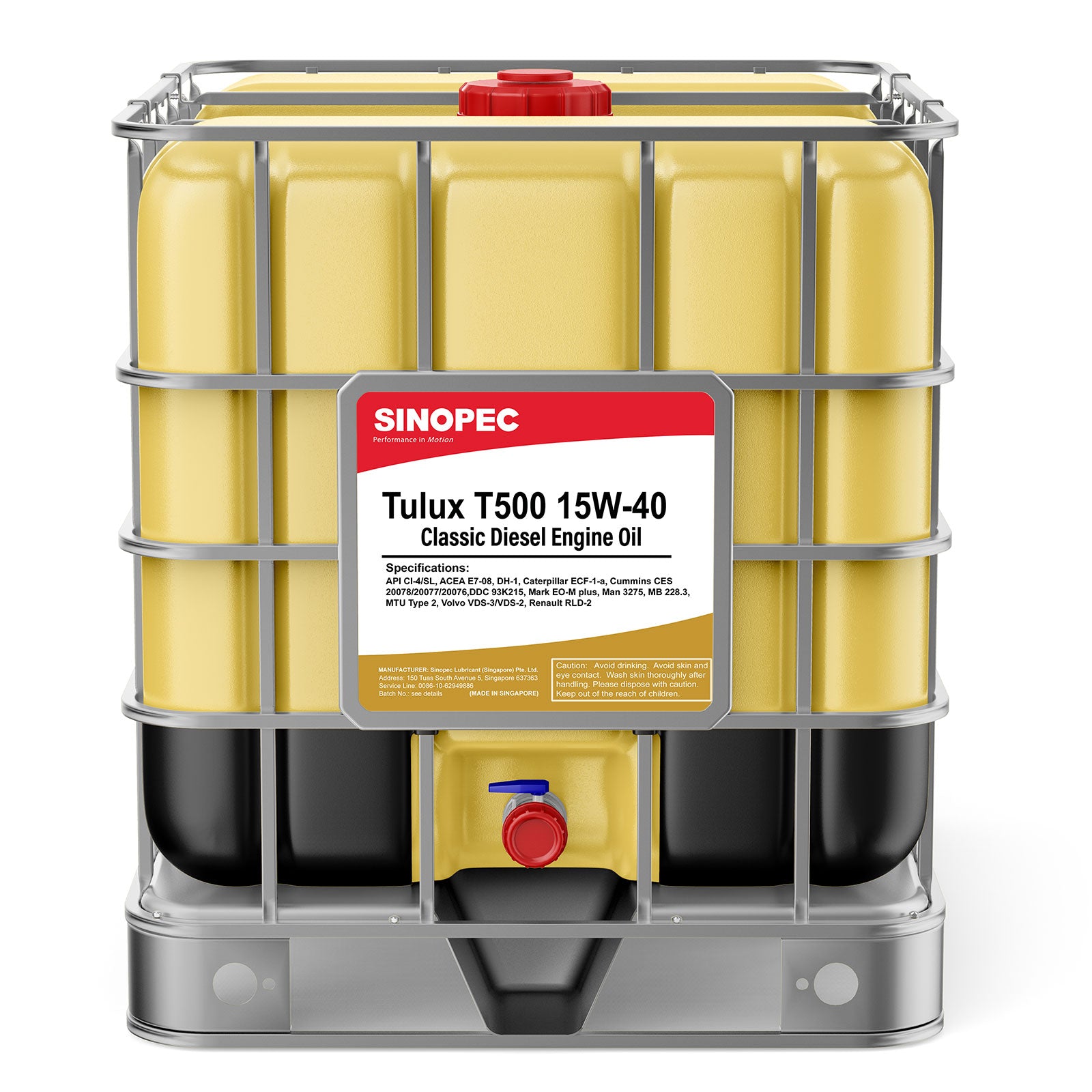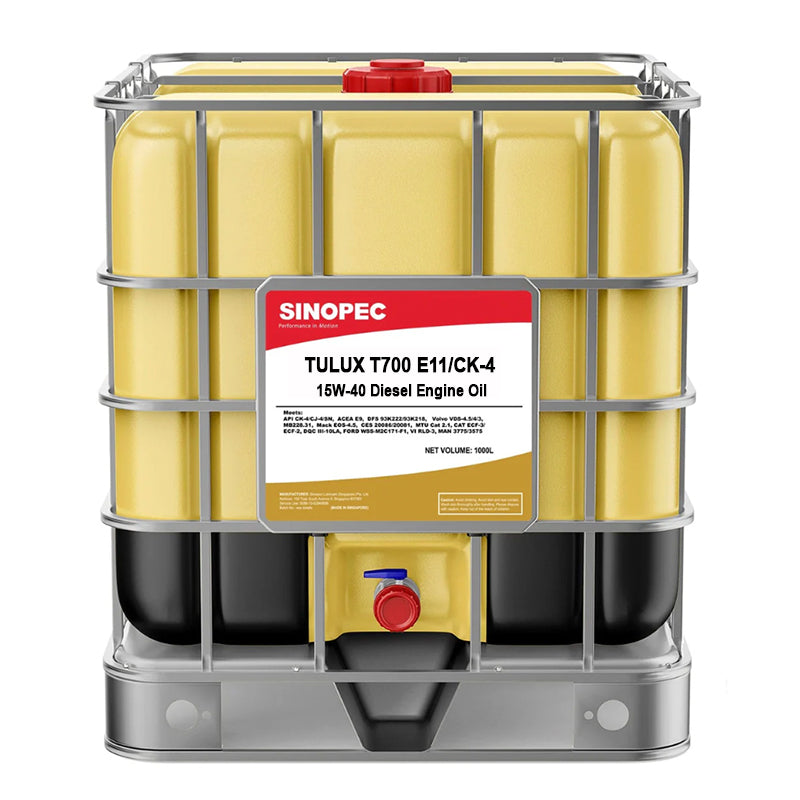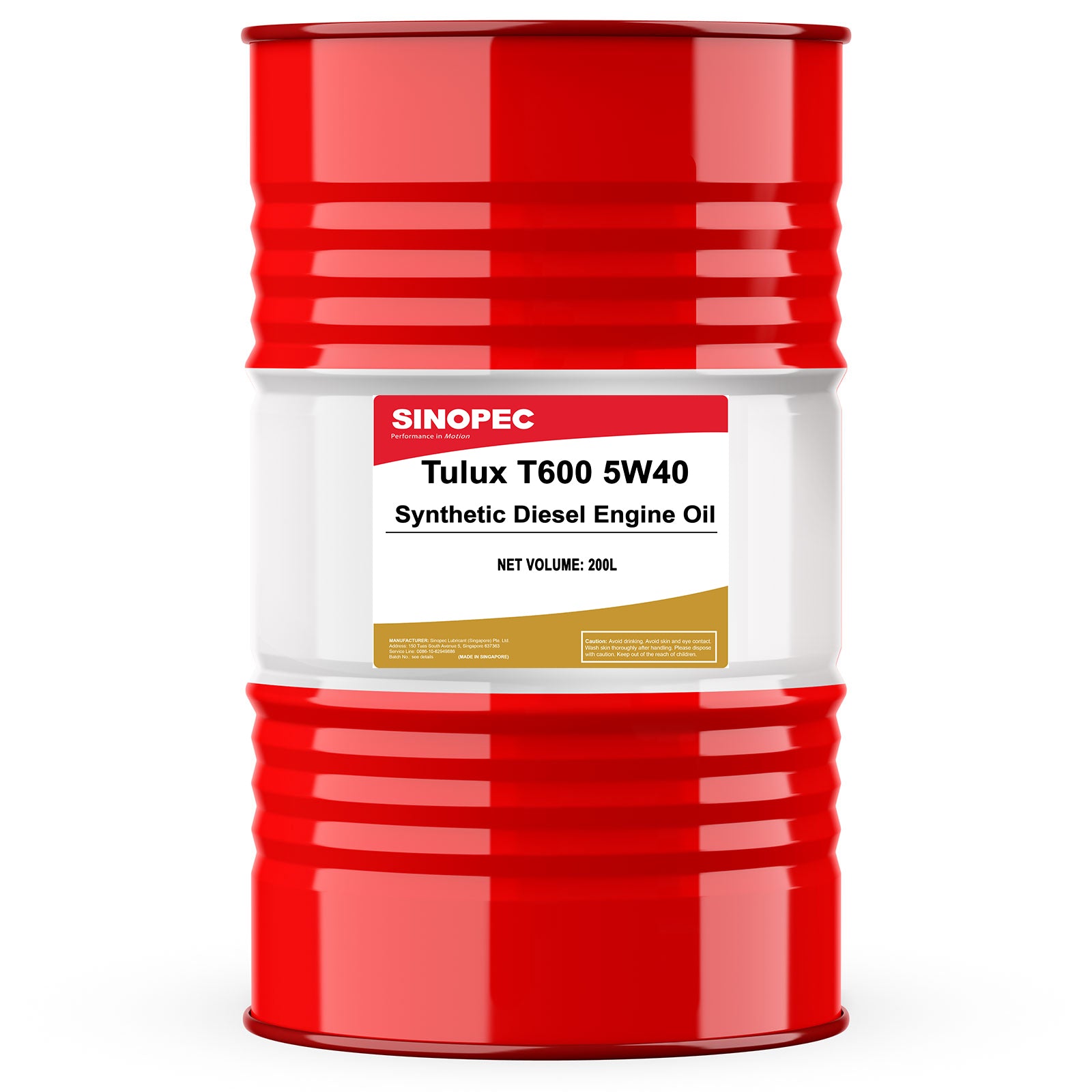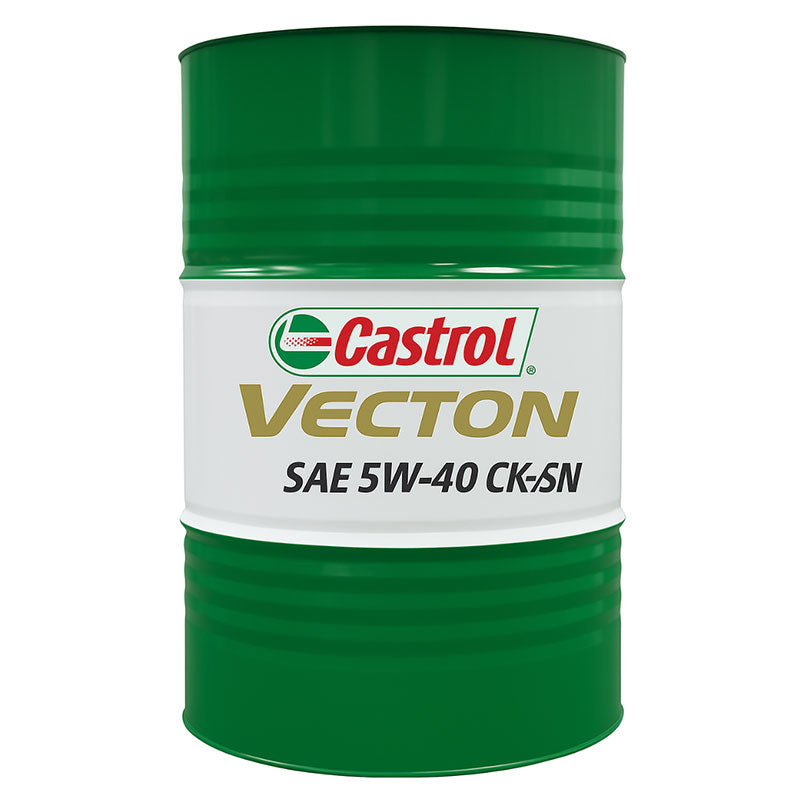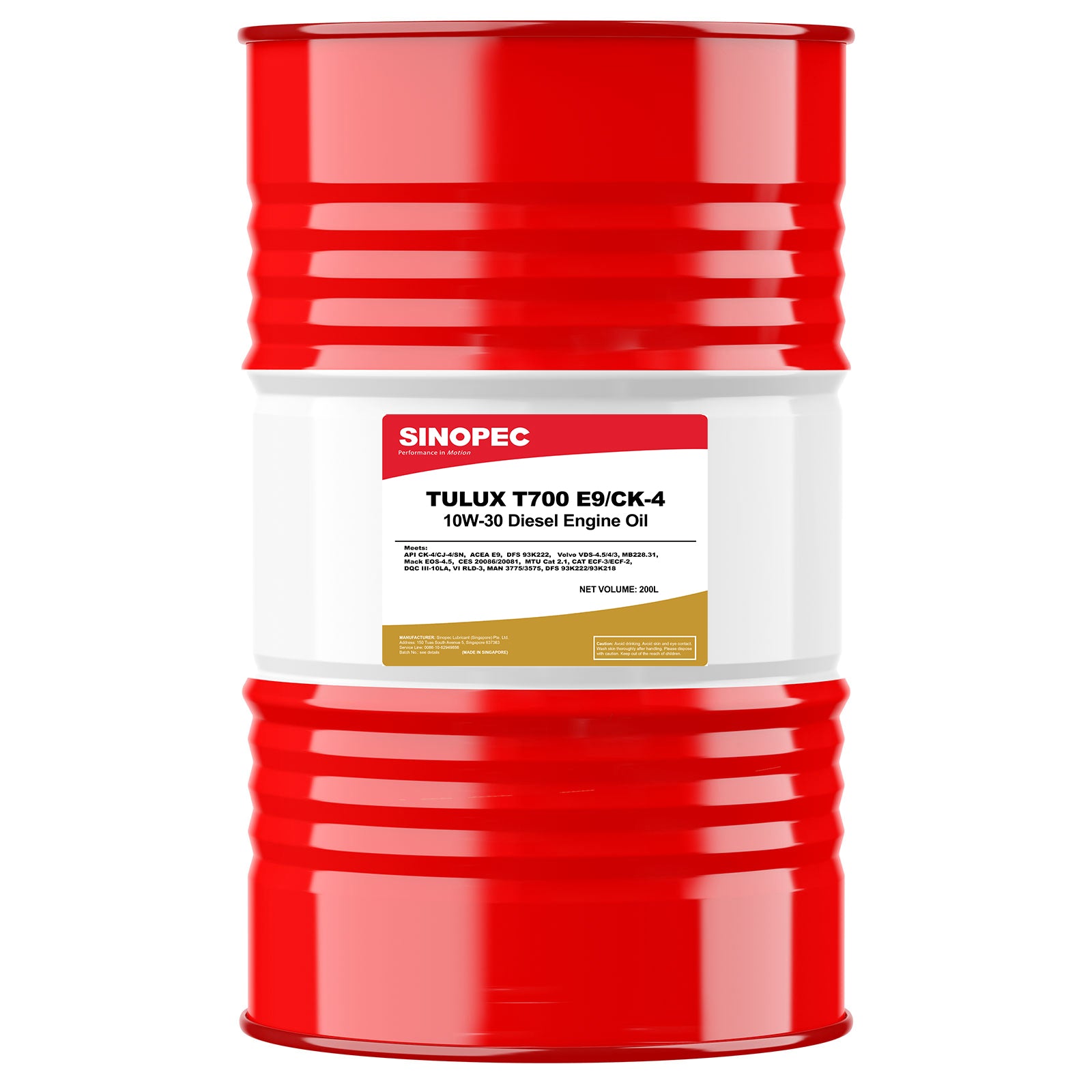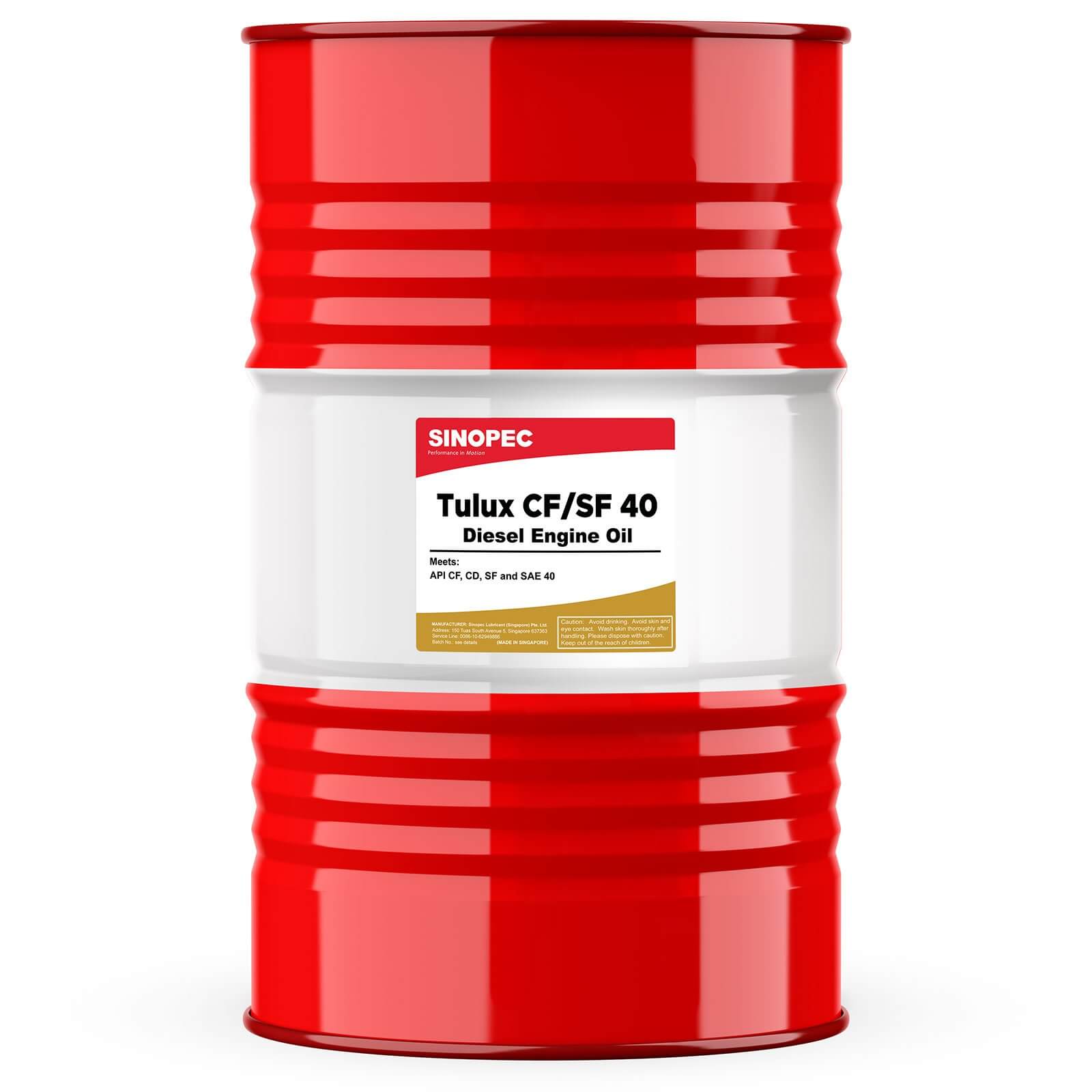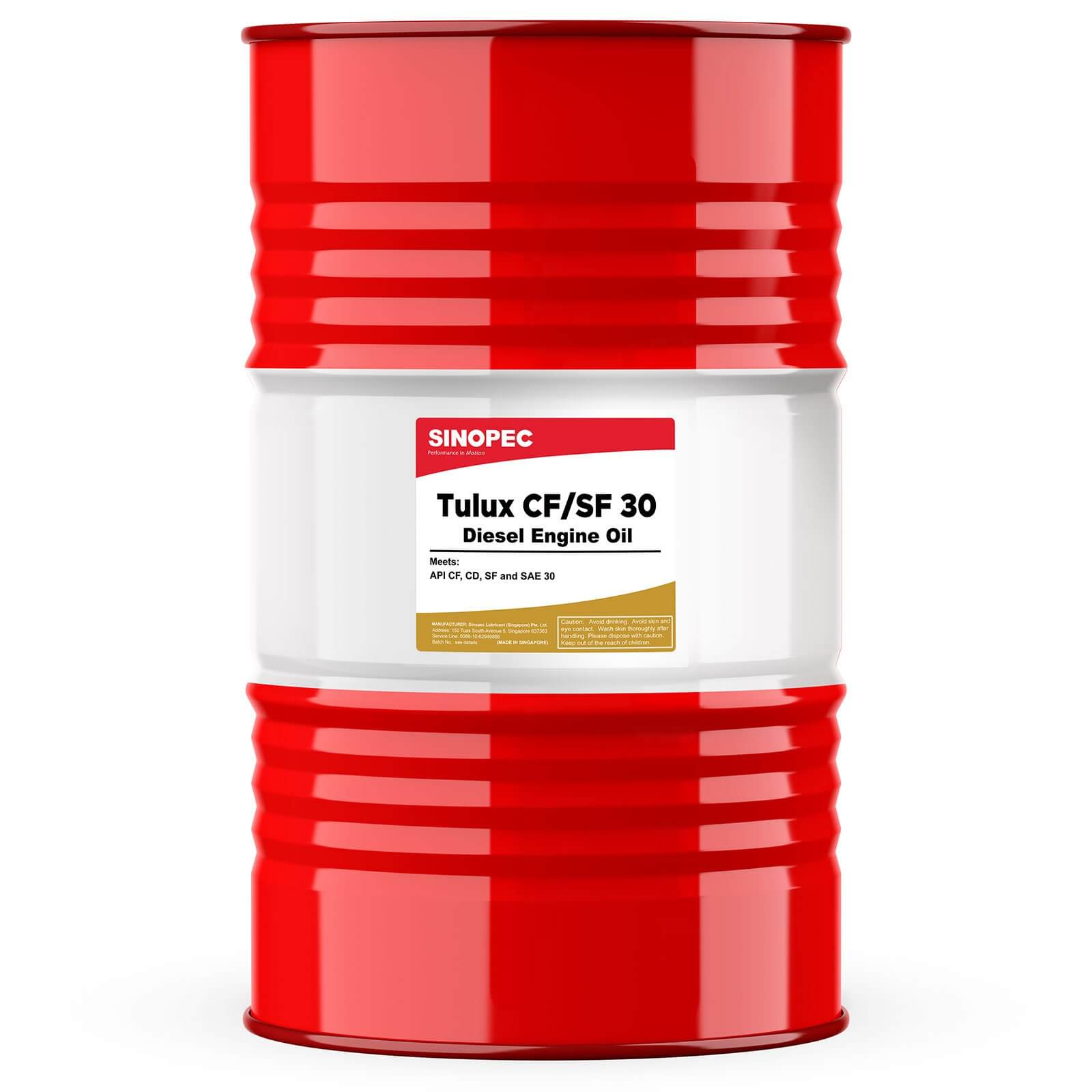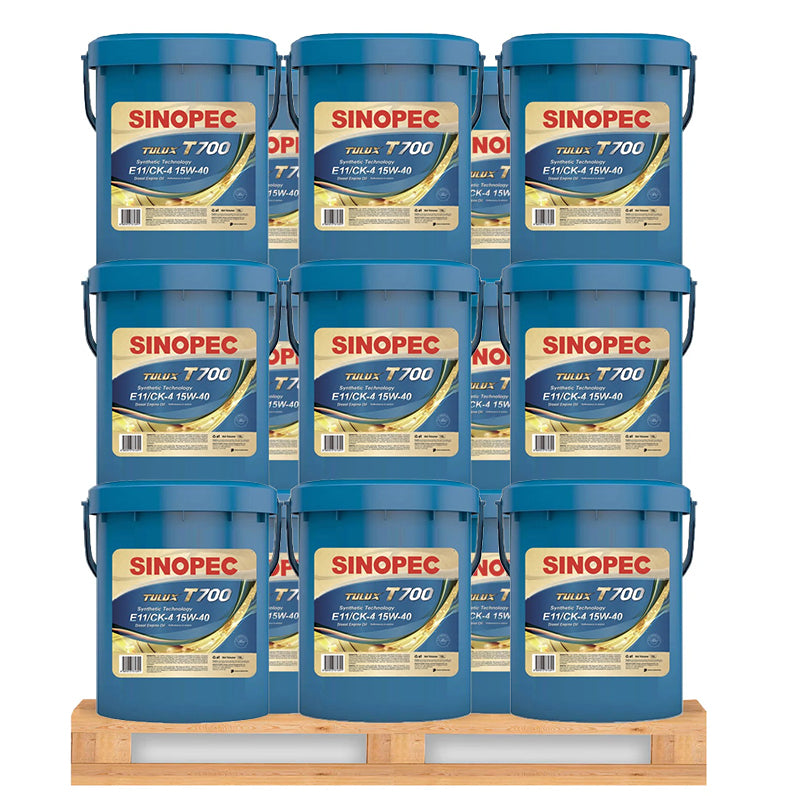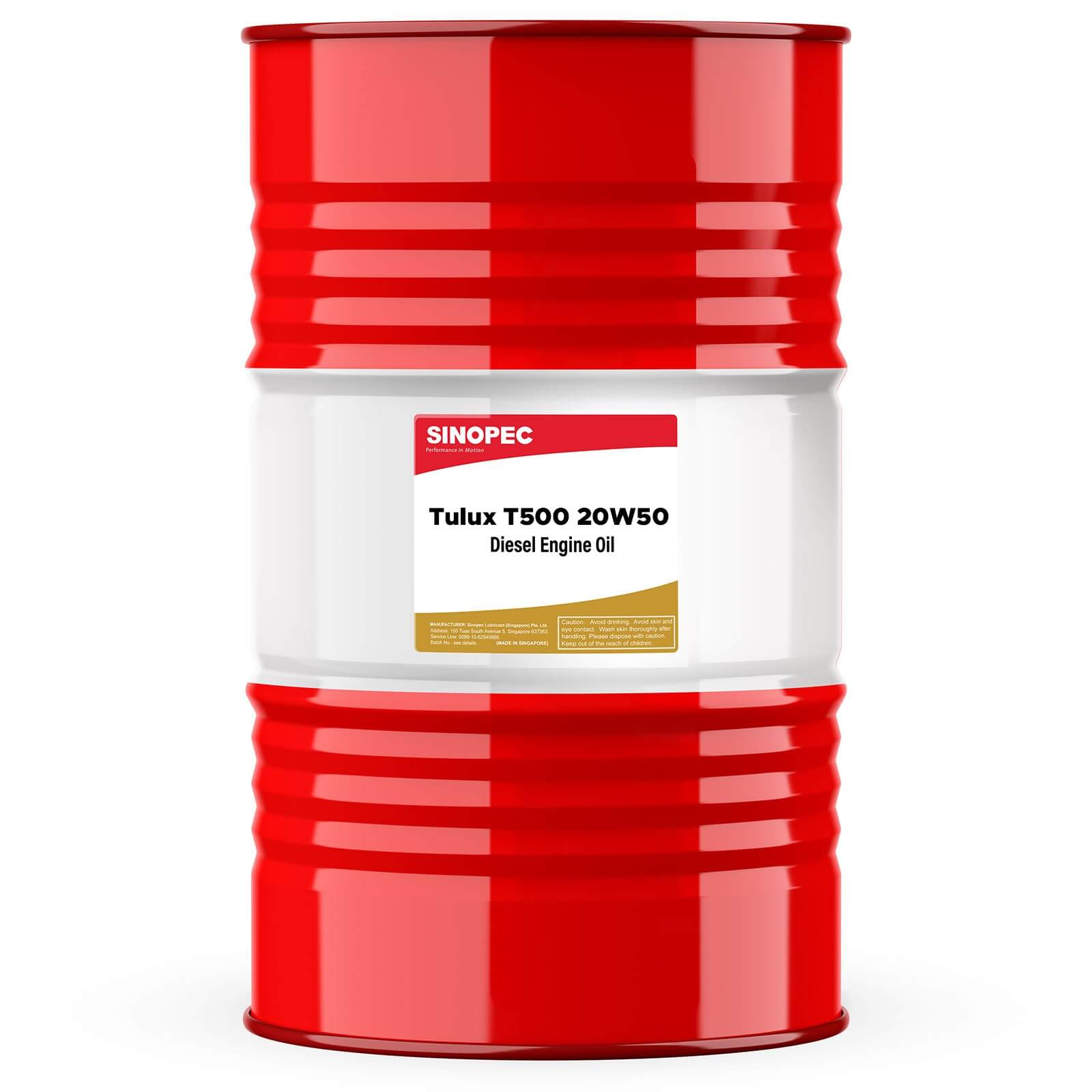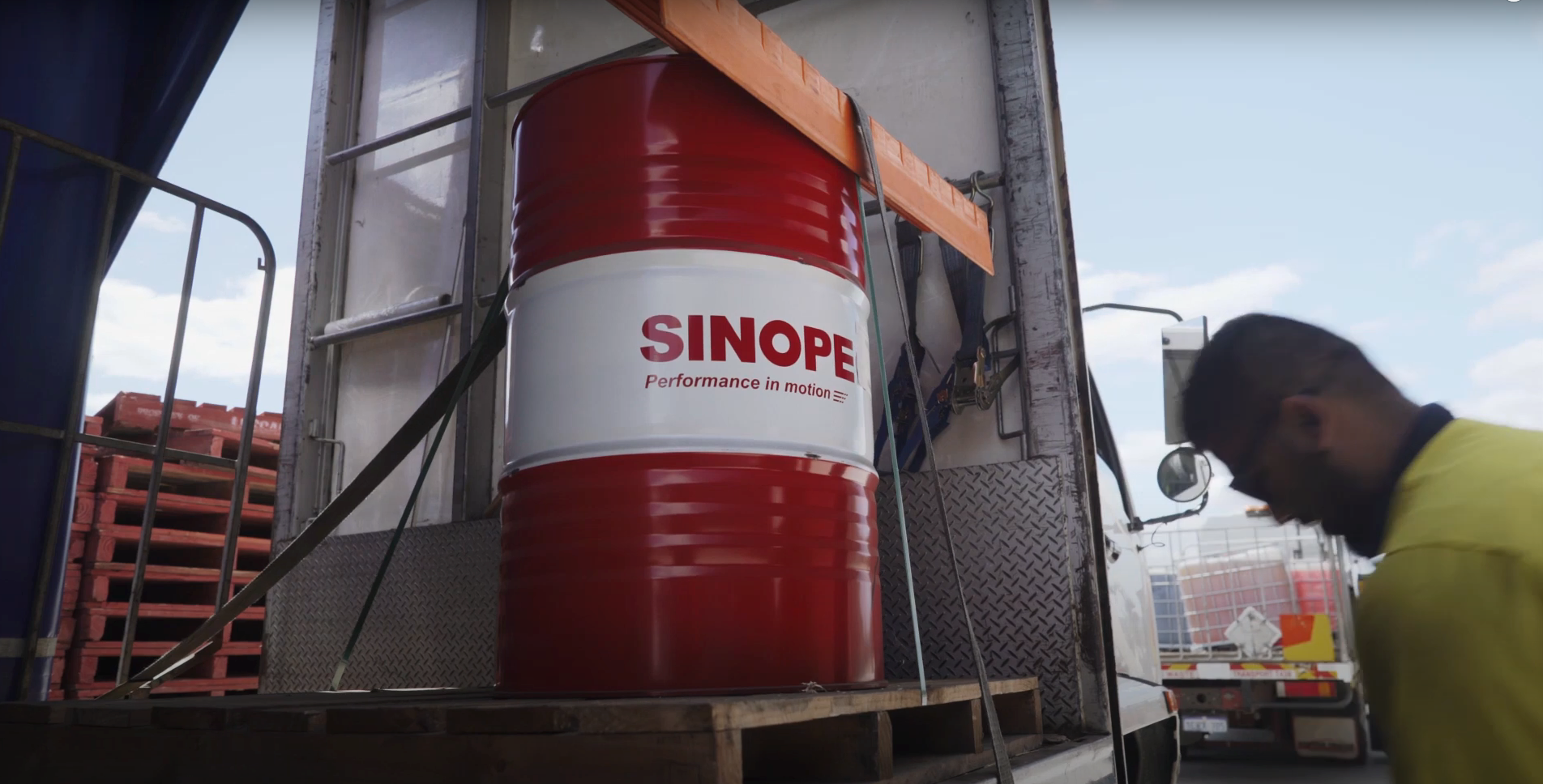DEF Diesel Exhaust Fluid PRICE LIST
With the demand for Diesel Exhaust Fluid (DEF Fluid) on the rise, we have plenty of customers asking for quick facts about this innovative product. Here are some very important notes about DEF that can save you both time and money:
-
Do not store DEF Fluid outdoors
DEF has a limited shelf life that is influenced by temperature. Storing DEF at 80°F will reduce its shelf life to just 12 months while keeping it at 60°F can extend integrity to 36 months! -
DEF Fluid can only come into contact with titanium, rubber, plastic, and stainless steel
These are the four materials recommended for use when handling DEF Fluid. Some materials to avoid would be copper, brass, nickel, and epoxy resins. -
Storing DEF Fluid in petroleum equipment can compromise product integrity
It is recommended to only use chemical equipment when handling DEF Fluid as petroleum equipment can contain unknown residue. -
Repurposing tanks for DEF Fluid is not possible
DEF Fluid requires dedicated equipment. A tank that has previously held any other product will contaminate DEF Fluid. -
DEF Fluid is not a fuel additive
DEF Fluid is used in combination with Selective Catalytic Reduction (SCR) technology. It is sprayed into the exhaust and combines with a catalyst to break down NOx (a harmful pollutant) into nitrogen and water. -
Batch testing at every level ensures product integrity
DEF Fluid should be tested through every step of handling. If a contamination occurs, batch testing allows for pinpointing the source and ensuring no contaminated product is used. -
Freeze/thaw will not affect DEF Fluid
Although temperature will affect the shelf life of DEF Fluid, freeze/thaw will not. DEF Fluid is stored in a tank that is wrapped in heating coils; this allows for rapid thawing of the product on engine ignition. -
Color change in DEF Fluid is a clear indicator of compromised product
The easiest way to determine whether DEF Fluid has been compromised is through color comparison. DEF Fluid should always remain the same color- and if you notice a different hue in your tank then you have contaminated product. -
Compromised DEF Fluid cannot be restored to its original state
No filtration process can restore DEF Fluid to its original integrity- making it increasingly more important to ensure a clean supply chain. -
DEF Fluid should be delivered by thoroughly trained drivers
If a driver is untrained in the characteristics of DEF, “creeping” or “leaching” of the product can occur. Although non-toxic, DEF Fluid can leave white crystals behind when exposed to air and can be unsightly around the tank.
How does Selective Catalytic Reduction (SCR) affect a vehicle's performance?
Since the introduction of diesel emissions legislation, truck manufacturers have battled to reduce emissions while maintaining and improving engine torque. Selective Catalytic Reduction (SCR) is an aftertreatment technology, which means that it deals with emissions without adapting combustion conditions. In contrast, Exhaust Gas Recirculation (EGR) functions by reducing combustion temperatures, thereby reducing NOx. The use of SCR has allowed therefore manufacturers to tune engines, improving fuel efficiency and increasing torque compared to 2007 technology.
What fuel saving can I expect from a truck equipped with Selective Catalytic Reduction (SCR) technology?
Selective Catalytic Reduction (SCR) is an aftertreatment emissions control technology, which deals with emissions outside of the engine. This means manufacturers are able to tune engines to boost performance and achieve fuel savings. The extent of these savings will vary, but fleets' experiences with post 2010 heavy-duty trucks suggests fuel savings of around 5% compared to 2007 models with similar engine specifications. PACCAR, Daimler and Cummins all use this figure in their 2010 model specs. Reports from customers using off-road machines with SCR are reporting fuel savings of 5% and higher.
When was Selective Catalytic Reduction (SCR) technology first used?
Selective Catalytic Reduction (SCR) technology was first patented in 1957 and has been used for many years to reduce NOx emissions from coal-fired power plants and other stationary sources. The technology was first used in series production in diesel vehicles by Nissan Diesel in Japan in 2004 to meet emissions standards that were the strictest in the world at that time. Since then SCR has been widely implemented worldwide on diesel vehicles and by the end of 2012 more than one million commercial vehicles were equipped with SCR emissions control technology in Europe alone.
Is Diesel Exhaust Fluid (DEF) corrosive?
Diesel Exhaust Fluid (DEF) is not toxic, harmful or dangerous. In fact, of all the fluids used in a truck, such as diesel, engine oil, brake fluid, antifreeze and windscreen wash, DEF is the least hazardous. However, DEF is corrosive for some metals such as carbon steel, aluminum, copper and zinc, and DEF should not be stored in containers made of these materials. Your DEF supplier can advise you further. ISO22241 provides a list of materials that are recommended and not recommended, but makes it clear that neither list is exhaustive.
Do I need to wear protective clothing when filling up the DEF tank?
Wearing protective clothing is not necessary when handling DEF, however, Diesel Exhaust Fluid (DEF) can stain clothes. If you do spill any DEF on your clothing, rinse it off with water.
What should I do if a spill DEF?
If you spill a small amount of Diesel Exhaust Fluid (DEF), it can be washed away with water or wiped up. If you leave it to dry it will turn into white crystals. These can be washed away with water. If you spill a large amount of DEF then contact your DEF supplier for advice.
What is the shelf life of Diesel Exhaust Fluid (DEF)?
Diesel Exhaust Fluid (DEF) has a shelf life of two years. However, this can be reduced if the fluid is exposed to direct sunlight or if the temperature of the DEF remains above 86°F (30°C) for sustained periods. All DEF packaging should be labeled with an expiry date. If you have DEF that it beyond its expiry date, contact the supplier for advice, or dilute it with water in a ratio of 1:10 and use it on your lawn!
A large part of Diesel Exhaust Fluid (DEF) is de-ionized water, do I have to worry about the tank or other parts of the Selective Catalytic Reduction (SCR) system freezing?
Diesel Exhaust Fluid (DEF) freezes into a crystalline slush at 12°F (-11°C) and should not be kept at temperatures above 86°F (30°C). If DEF is frozen on your vehicle, for example overnight or over a weekend, you do not need to take any action. Use the vehicle as you normally would. Truck manufacturers use a variety of heating methods to thaw frozen DEF tanks, including in-tank heating elements. While the thawing process is taking place the vehicle's performance will not be affected (the amount of DEF used will be reduced because a cold engine produces a low level of NOx emissions). In some cases the DEF supply tubes are also heated to prevent freezing or tubes are emptied once the engine is turned off. In short, there is no reason to be concerned about using your SCR truck in cold weather.
Does DEF evaporate, and what happens if it does?
Diesel Exhaust Fluid (DEF) evaporates if stored at higher temperatures for a prolonged period because it is 67.5% water. To avoid any risk of evaporation keep the cap of the DEF tank and storage containers securely closed.
Field tests have shown that even in high temperatures there is no significant risk evaporation from DEF tanks.
What is the difference between agricultural urea and the urea used in Diesel Exhaust Fluid (DEF)?
Diesel Exhaust Fluid (DEF) uses automotive-grade urea which has a much higher purity than fertilizer urea. Using a lower-quality fertilizer urea will cause degradation of the Selective Catalytic Reduction (SCR) system, eventually causing the truck to break down. In the short-term it may also cause the sensors to believe the truck's DEF tank is empty and prompt a de-rating event, which reduces engine power and eventually prevents the engine from restarting.
What happens if I ingest Diesel Exhaust Fluid (DEF)?
Diesel Exhaust Fluid (DEF) should not be swallowed. If ingested, a physician should be consulted immediately.
What happens if I inhale Diesel Exhaust Fluid (DEF) fumes?
Under normal conditions of use, inhalation is not expected. However, when pumping Diesel Exhaust Fluid (DEF) in a closed area it is possible that inhalation of a small quantity of ammonia fumes from DEF might occur. If you do inhale these fumes from DEF, move to an area of fresh air. A physician should be consulted if you experience any continued symptoms, such as irritation to nose or throat. DEF does sometimes have a slight ammonia smell (similar to home cleaning agents), but these are not harmful.

